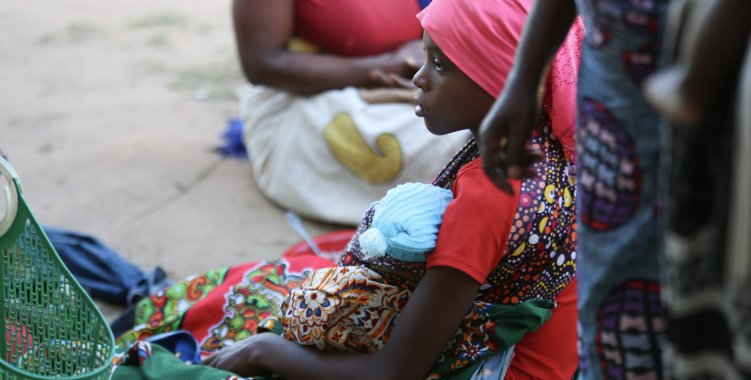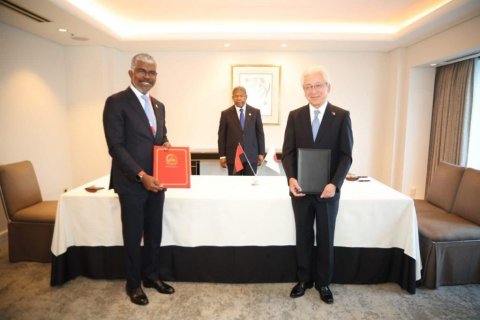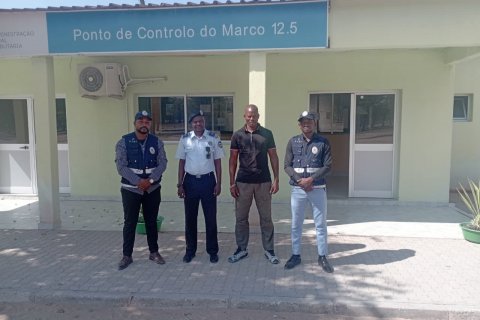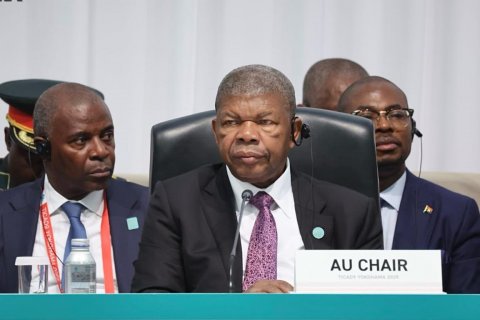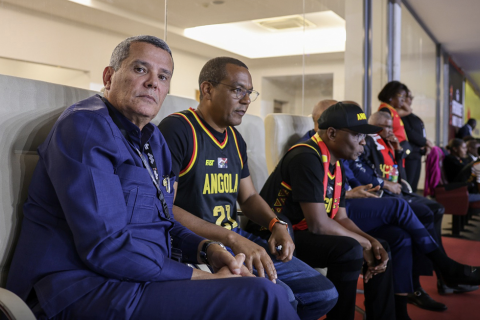The position was defended during a meeting between representatives of the two States entitled "Human trafficking: sharing good practices and means of cooperation", which began this Thursday in Maputo.
"Collaboration between the two countries is a crucial step towards tackling this problem [related to human trafficking], given that they share not only similar challenges, but also a legacy of solidarity and resilience", said Jorge Ferreira, inspector general of the Ministry of Justice, Constitutional and Religious Affairs of Mozambique.
Jorge Ferreira stated that Mozambique and Angola should capitalize on opportunities to share experiences on effective strategies to combat human trafficking.
"Knowledge is a powerful weapon in the fight against human trafficking, so we need to join forces to strengthen our legislation, ensure ongoing training for our security agents and create awareness campaigns that inform and protect our populations", he declared.
Edvalda dos Santos, Angola's national director for Human Rights, defended the importance of "multilateralism", arguing that this type of crime has a transnational dimension.
"Angola recognises the importance of multilateralism (...). It is essential to establish cooperation between States to develop better international policies" against human trafficking, she stated.
In 2015, she continued, the State created an inter-ministerial commission on human trafficking, giving impetus to the fight against this evil, which resulted in the initiation of 215 criminal proceedings and the judgment of 26 percent of cases in this universe.
The head of the Governance Team of the European Union Delegation in Mozambique, Alicia Martín Diaz, stressed that joint actions between States can produce better results in the fight against human trafficking.
"Working together in this way is the best way to protect the human rights of migrants, whether they are refugees, asylum seekers, economic migrants, people smuggled [into other countries] or victims of human trafficking," she said.
International cooperation, she continued, is essential to dismantle criminal networks that engage in human trafficking, which is "a serious and evolving crime, particularly affecting women and children".
This type of crime poses a continuing threat, despite the progress made in the last decade, she added.
António Vivo, head of the United Nations Office on Drugs and Crime (UNODC) in Mozambique, said that implementing security, justice, education and development policies are crucial as part of an integrated approach to combating human trafficking.
"The impact of organized crime is profound and widespread, affecting various spheres of society and the economy. Combating this phenomenon requires an integrated approach, through security, justice, education and social development policies," he said.

